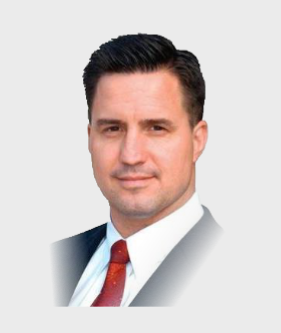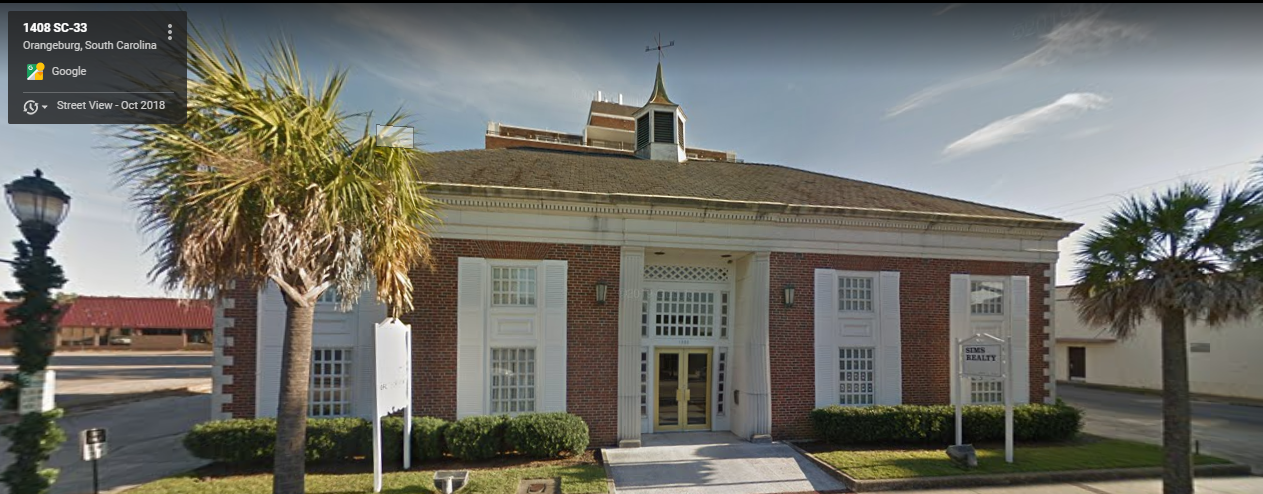ESTATE PLANNING

Making decisions about what is to happen after death is not something most want to face, and yet some of the most critical decisions to make in taking care of loved ones. Having deployed to combat, the military didn't leave me much of a choice in drafting a will, updating life insurance information, and drafting a power of attorney before I left. The military was not going to allow administrative problems, and the potential for death was unspoken but well known. Because of that experience, from a relatively young age, I have had an updated will and other basic estate planning. I couldn't imagine "not" having a will, as my loved ones will pay the price. I find it surprising that so many do not have wills, let alone further estate planning, into advanced age. So many people die without wills or any estate planning despite the certainty of death. Though it is tough to face, estate planning should be a top priority for the sake of family and loved ones.
The most basic part of estate planning is a will. A will, executed in the presence (and with the signatures) of two disinterested witnesses, allows for you to not only dispose of your property by your wishes but allows you to designate who will administer your estate. To ensure it is executed correctly, I would recommend having an attorney draft the will under your guidance. The attorney can ensure it is properly worded to your wishes, and can also explain legal nuances to be aware. For example, a person is not required to leave property to even immediate family members, including children. However, a spouse cannot completely disinherit a spouse, as a spouse is entitled to a one-third elective share regardless of the will (the exception is when a valid prenuptial agreement between spouses allows the ability to disinherit or specifies what will be left). Attorneys can help, though attorneys are not required to have drafted a will as long as it has the legal requirements at execution. For example, the two disinterested witnesses.
Without a will, the SC Probate Code will determine who receives property, regardless of whether or not it goes against your actual wishes. For example, you may want to leave everything to your spouse and may have children you don't want to inherit. Regardless, without a will, the code will require that property is split evenly among a living spouse and any living children. I have seen this cause great family division, particularly in the case of someone married multiple times with children from a prior marriage(s) who may not appreciate the current spouse.
In addition to the distribution of property, the will designates who will administer the estate as personal representative. Without a will and the directive of the personal representative, families can be divided over who becomes the personal representative. I have seen some of the most bitter disputes between family members over who becomes personal representative when there was not will directing this position.
Beyond the will, you should also consider a power of attorney given to someone you trust to help with administering property and conducting financial transactions before death. If you have a durable power of attorney, someone can conduct business on your behalf when you are unable to do so yourself near the end of life. Additionally, a health care power of attorney will allow for a loved one to withdraw life-sustaining treatment (e.g. respirator) when, to a reasonable degree of medical certainty, you are not expected to recover and cannot voice your own desire to withdraw treatment.
These three documents, a will, a power of attorney, and a healthcare power of attorney, are the basics of estate planning. In addition, you should consider establishing accounts with transfer on death provisions to a joint account holder (assuming the joint account holder is the person you want to receive your part of the account). This allows for non-probate immediate transfers in the event of death, avoiding some of the hassle with probate.
With these basics, you will have the security of your loved ones being secured if and when death comes. Death is not the end. I am a Christian and believe life goes on eternally when we pass to the other side. As a responsible father and husband, I also know my family should not have to pay the price of my lack of planning for the inevitable. Everyone should be thinking about estate planning now, as we really don't know what tomorrow will bring.














